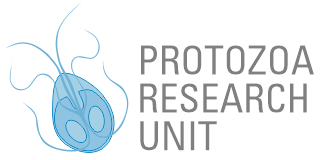David Hayman
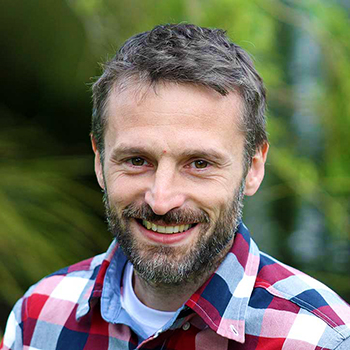
I use multidisciplinary approaches (including molecular, serological, quantitative and phylogenetic techniques) to address how infectious diseases are maintained within their hosts and how the process of emergence occurs. More generally, I am interested in how ecological degradation and anthropogenic changes lead to increased pathogen emergence in humans and animals and how multi-disciplinary research can work to improve human and ecological health.
Anthony Pita

Anthony’s research work began at Massey University where he focused on recombinant protein expression of Helicobacter pylori antigens as potential vaccine candidates against H. pylori infection. Following that, Anthony has focused on testing for the pathogenic protozoa Giardia and Cryptosporidium in drinking and environmental waters. He has vast experience (>20 years) in the detection and quantification of protozoa and runs a commercial laboratory (MicroAquaTech) which assists local authorities to monitor their drinking water supplies for these pathogens. Anthony is involved with the Protozoa Research Unit – Ministry of Health contract, where data collected from ground and surface water samples assist in identifying the risk of protozoa in drinking water supplies and inform decision makers on policy and guidelines.
Juan C. Garcia-R
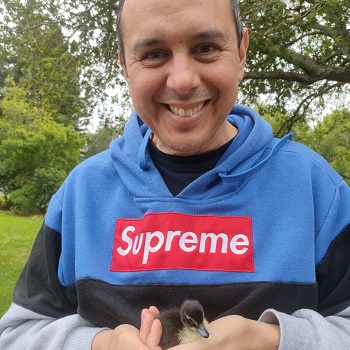
Juan Carlos interest covers macro- and micro-evolutionary studies to help understand the modes of diversification in different eukaryote groups, with a current focus in protozoan parasites Giardia and Cryptosporidium. His research experience has focused on working at or across any level of ecological organization ranging from molecules to ecosystems in broad areas of interest including phylogenetics, population genetics, phylogeography, ecology, and bioinformatics.
Ahmed Fayaz

Ahmed started as a physicist specializing in medical imaging and medical engineering, graduated from King's College London, UK. Worked on developing a scatter correction algorithm for MRI and PET scanners at the Royal Marsden Hospital, UK and King's College School of Medicine and Dentistry, UK. He obtained a PhD in molecular biology from Massey University, and has worked at the Plant and Food Research Ltd, before joining the mEpiLab group.
Matthew Knox
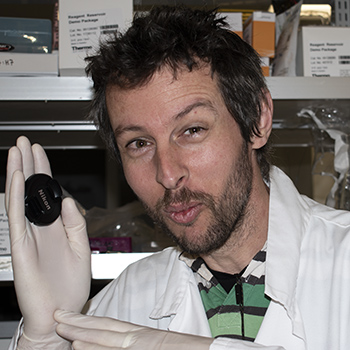
Matt completed a PhD at University of Waikato in 2013. His research experience has focused on understanding the ecological and biogeographic factors contributing to the maintenance of biodiversity in ecosystems such as the deep sea floor off New Zealand and soils of McMurdo Dry Walleys in Antarctica. His current research interests lie in the parasitic protozoan Cryptosporidium, and the differences in infectivity among the different species and subtypes from New Zealand.
Niluka Velathanthiri
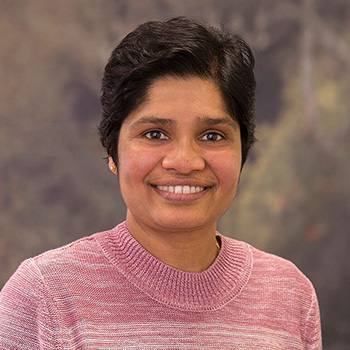
Niluka completed her M.Phil in Medical Virology in 2004 at University of Sri Jayewardenepura (USJP) in Sri Lanka. She Developed a RT-PCR for the identification of Dengue Virus from Clinical samples and won the Presidential Award in 2006 in Sri Lanka. She worked at USJP for 13 years of her career and worked at WHO- Arbovirus Reference Lab in Queensland University of Technology (QUT) Australia and migrated to New Zealand in 2011 and worked at National Centre for Biosecurity and Infectious Disease (NCBID), ESR-Wellington. Niluka started work at School of Veterinary Science, Massey University in 2012 and since then her research interests changed into Mastitis causing bacteria, Giardia and Cryptosporidium. Apart from research she conducts Vet Micro Labs in the SOVS.
